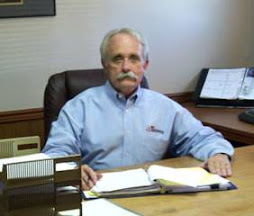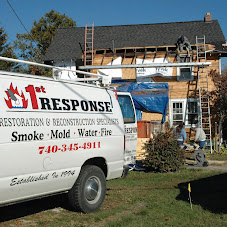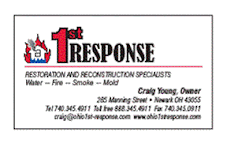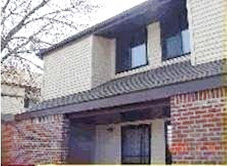Our Newly expanded services, Biohazard Decontamination Unit, is under way!
While we pray none of you are ever exposed to this situation, these services can be provided with compassion and detail by the staff at 1st Response.
If you need crime scene clean-up guidance, have questions about your payment options, which crime scene clean up procedures your current insurance policy covers or require our cleanup services immediately, don't hesitate to call 1st Response at: 888-233-4321.
· Your regular cleaning or janitorial service has not been properly certified OR equipped to handle biohazardous waste such as blood or bodily fluids, and does not have a legally accepted mechanism in place to dispose of the recovered bio-hazard waste.
· Federal Regulation 29-CFR-1910.1030 states that no employee can be placed in a position to be exposed to a blood spill without first:
1. Bloodborne pathogen (BBP) training.
2. A written BBP exposure control plan.
3. Proper training on the correct usage of personal protective Equipment.
4. Hepatits B vaccine, exposure evaluation follow-up.
5. Proper method to store and dispose of biohazardous waste.
Body protection is required for employees who face potential bodily injury of any kind that cannot be eliminated through engineering, work practice or administrative controls while performing their jobs.
Exposure to blood and other body fluids is an example of a workplace hazard that could cause bodily injury. In addition, exposure may cause illness. - OSHA (Occupational Safety and Health Administration)
or
740-345-4911
or info@ohio1st-response.com.
· LICKING COUNTY
· KNOX COUNTY
· COSHOCTON COUNTY
· MUSKINGUM COUNTY
· PERRY COUNTY
· FAIRFIELD COUNTY














